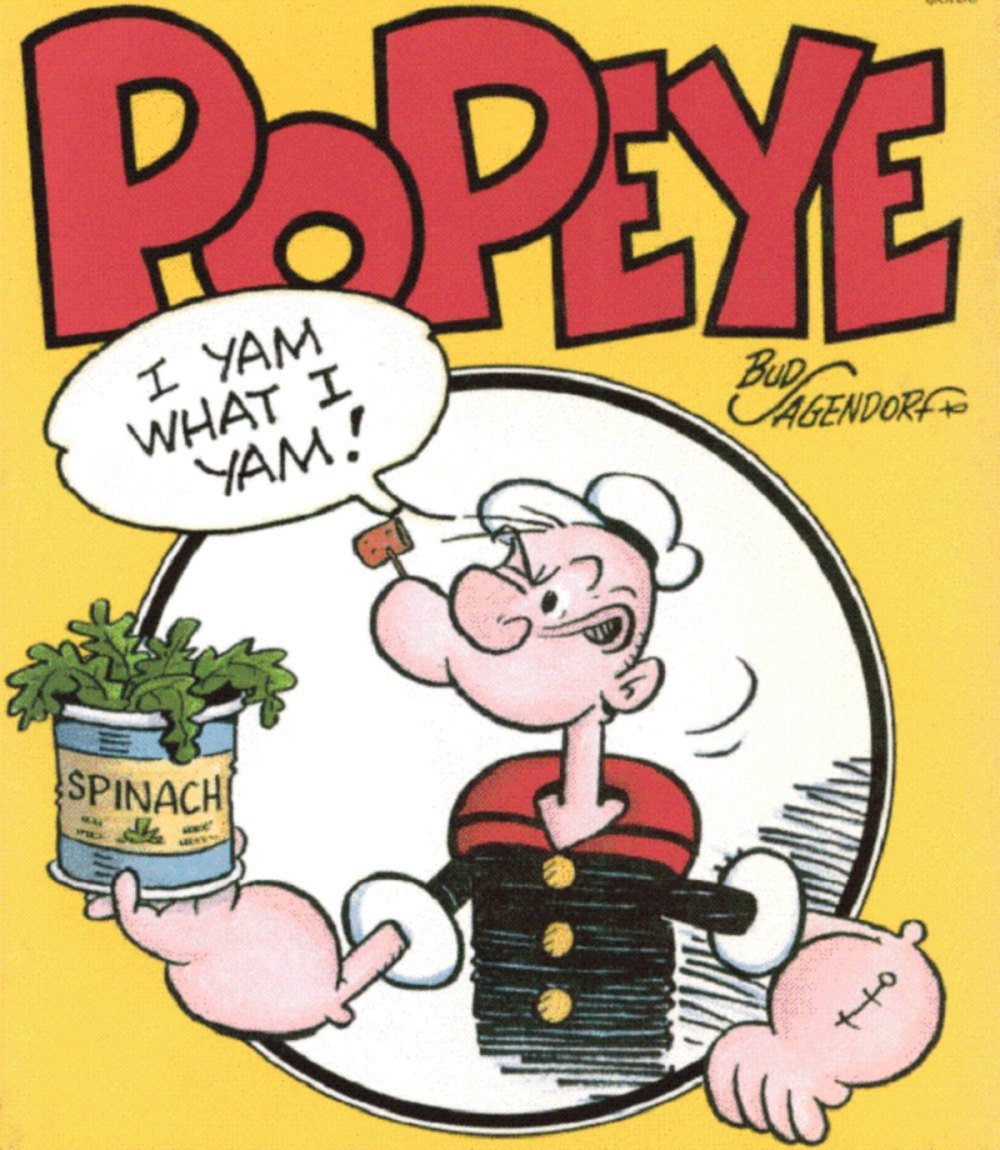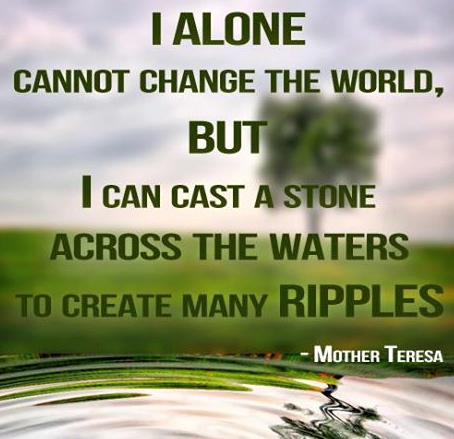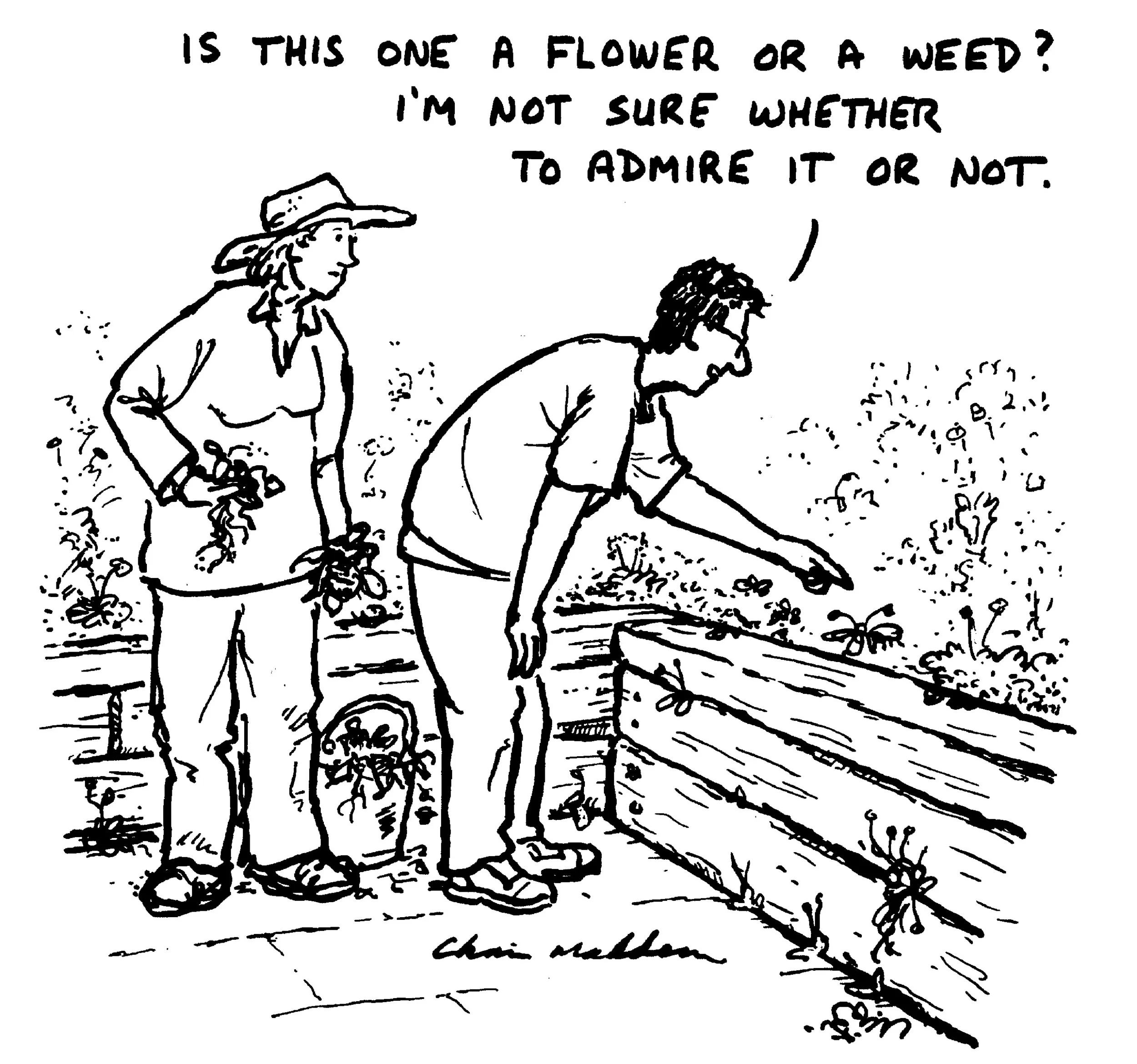by Joanie Butman
Someone wrote to me this week about a book called You are God’s Gift to the World. I have never read it, but ordered it immediately. Why? Because the title brought back a vivid memory that has haunted me since middle school: my name with this opinion beneath it, “She thinks she’s God’s gift to the world!” Before you are tempted to agree, read on.
We've all heard or used that phrase, and it is NEVER complimentary. You could find it and worse in our middle school Slam Book. For the uninitiated, a Slam Book is simply an innocuous composition book (had to be so nuns wouldn’t take notice) with a page designated for each person unfortunate enough to be included in it. The book would get passed around and girls would anonymously post comments about you on your page. These remarks varied from the occasional compliment to passive aggressive observations to veiled insults thinly disguised as constructive criticism to outright vicious critiques of your character, clothing, makeup, hair, family, etc. Nothing was spared. I’ve never fully recovered from that experience, and I’m sure I’m not alone. Adolescent females are brutal, and some never outgrow it.
My youthful assurance that promoted this criticism couldn’t have been conceit because I had nothing to be conceited about. I was overweight and in that awkward stage that few go through gracefully. I wasn’t athletic or musically inclined, yet I tried out for every team and every play. Never made any of them, but oddly that never deterred me. When I couldn’t find a niche, I created one with my friends. By producing and directing our own plays, we could give ourselves any role we wanted. We put on shows for the school — mostly comedies with the exception of the passion play which, though serious, had more than one comedic moment like when my best friend (Christ of course) fell carrying the cross whose weight we grossly underestimated. It fell on top of her, and she couldn’t get back up. I suppose it made it all the more realistic when Simon had to come to her aid. My role as Judas could have been a foreshadowing of my subsequent rebellion. Luckily, I was able to eventually grab onto something that eluded Judas – forgiveness and redemption.
Our sophomoric comedies were hilarious – or so we thought. When I moved to Connecticut I met someone with whom I attended grammar school. One of the first things she said was, “You used to put on the stupidest plays.” Hopefully, my sense of humor has evolved over the years but not according to my children.
When my daughter was going through her own middle school angst, she asked me if I was one of the ‘cool’ kids when I was her age. At a loss for an honest answer, I emailed my childhood friend and posed the same question. Her answer typifies our group’s mentality and probably the attitude that prompted that comment under my name. She responded, “No, but we thought we were and that’s all that mattered.” No wonder we’re still friends 45+ years later!
I can’t remember any of the other comments written in that Slam Book EXCEPT the one that claimed, “she thinks she’s God’s gift to the world!” Thus began a lifetime of working to convince myself I wasn’t because apparently that belief was not a good one, and I bought into that lie. Maybe it was because my Catholic education taught me to perceive that attitude as the dreaded pride – one of the seven deadly sins. Just one of the many one-way tickets to hell the nuns threatened us with to keep us in line. I had accumulated so many one-way tickets by this time for minor transgressions like passing notes, talking during a fire drill, the length of my uniform or occasionally eating meat on Friday that I’m sure the sisters thought Judas was the perfect role for me.
I’ll never know who wrote that remark, but by accusing me of pride she unwittingly planted its seed because a person with an inferiority complex is just as painfully self-aware as one with a superiority complex. Self-aggrandizing and self-loathing are both forms of pride. It doesn’t matter if you are looking at yourself in a flattering way or a critical one, your focus is still on you. What I didn’t fully grasp until much later in life is that “True humility is not thinking less of yourself; it is thinking of yourself less.” (C.S. Lewis) At the time, however, in a misguided effort to correct my perceived fault, I became overly self-critical. I ended up thinking about myself more instead of less, and every action was measured by that original assessment. In my attempt to achieve humility, I lost it. Tim Keller calls humility a shy virtue because he explains it is not something you can work on. It is a byproduct of something else; namely, service to others. If you are thinking of someone else, you can’t be thinking about yourself. Your attention is focused elsewhere.
Coincidentally, when I received the email that prompted my memory I was in the middle of writing this week’s blog about identifying and using your gifts and talents. You’d be surprised how many people say they don’t have any. The essay was (and this is no lie) about learning to recognize yourself as God’s gift to the world. The title remains God’s Gift. You see, that comment is EXACTLY what God wants us to embrace. That was the real tragedy. I chose to allow that unkind comment to convince me otherwise. It took something I instinctively knew in my youth and turned it into something negative. We were made in His image to reflect His glory and goodness to the world. When you truly grasp how precious you are in his eyes, you don’t need anyone else’s approval. Oh, how I wished the nuns had drummed THAT into my head and my soul instead of memorizing the seven deadly sins.
God gives each of us a certain set of abilities, not to be kept to ourselves but to share with others in the unique ways He creates just for us. Appreciating those gifts and talents isn’t conceit; it is a form of worship. We are his hands and feet here on earth, and as such He has given us the awesome privilege of co-creators by using the gifts He’s given us to serve others, to have a positive impact, to reflect His image. When you are using those gifts you aren’t thinking of yourself, you are lost in the joy of the process. You are in communion with the Divine.
I will give you an example. My friend described an exercise her church was conducting an exercise called the Talent Adventure based on Jesus’ Parable of the Talents. The congregation was encouraged to accept a small amount of money passed out in envelopes along with the challenge to use their gifts, talents and imagination to multiply the amount given. The proceeds are then to be used for a number of the church’s outreach programs. Ruth is a gifted painter. While she was considering how to apply her talent, I called her to commission a watercolor for a friend. She used the money she received in her envelope to purchase the canvas and supplies to apply her magic to the task at hand. The fee I paid enabled her to multiply the money she received in her envelope. The night before I presented my friend her unexpected gift, one word woke me up in the middle of the night. I realized I was being given the title for the painting. When my friend opened her sussie,* she was moved to tears because Ruth had captured something in her art that my friend had been at a loss to describe. God used Ruth’s talent to speak to my friend. His message was simply, “Remember.”
Your gifts and talents don’t have to be grandiose to make a difference. We all have something to offer. Ruth Tucker (not Ruth the artist) describes the quickest way to improve your self-image: “I feel best about myself when I have selflessly reached out to someone in need and given with no thought of reward – or of self. It is only when my self is submerged that God’s image begins to shine forth. Then I have a healthy self-image that truly reflects God’s image.”
Sadly, my producing and directing tenure didn’t extend beyond eigth grade, but I can still choose the roles I take on in life. I can also choose to use my gift and talents to glorify myself or God. Therein lies the difference between pride and humility. By the way, He’s an excellent director but only when we choose to ask for His guidance.
So, 40+ years later my answer to that snarky comment about me thinking I am God’s gift to the world is this, “Aren’t we all?”
*A sussie is an unexpected gift given for no real reason other than it's relevance to the intended recipient.
My favorite song and daily prayer. [button url="http://www.youtube.com/watch?v=nVUg85l-254" target="http://www.youtube.com/watch?v=nVUg85l-254" size="small" style="tealgrey" ]Play Empty Me[/button]






































